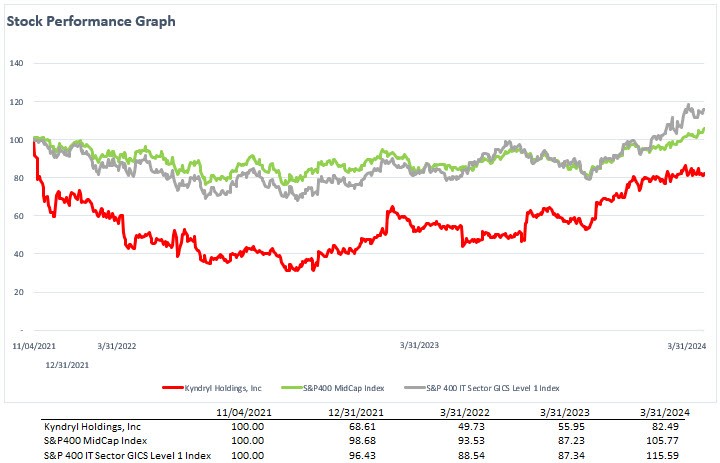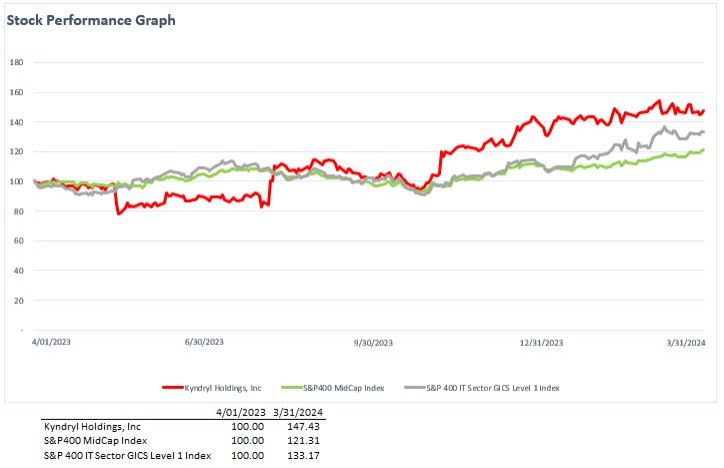Risks Relating to Cybersecurity, Data Governance and Privacy
Cybersecurity, data governance and privacy considerations could adversely impact our business.
We maintain information, including confidential and proprietary information, in digital form regarding our business and the business of our customers, business partners, vendors, employees, contractors and other third parties. We also rely on third-party vendors to provide certain digital services in connection with our business. There are numerous and evolving risks relating to cybersecurity, data governance and privacy, including risks originating from intentional acts of criminal hackers, nation states and hacktivists; from intentional and unintentional acts of customers, business partners, vendors, employees, contractors, competitors and other third parties; and from errors and omissions in processes or technologies, as well as the risks associated with an increase in the number of customers, business partners, vendors, employees, contractors and other third parties working remotely. Computer hackers and others routinely attack the security of technology products, services, systems and networks using a wide variety of methods, including ransomware or other malicious software and attempts to exploit vulnerabilities in hardware, software and infrastructure. Attacks also include social engineering to fraudulently induce customers, business partners, vendors, employees, contractors and other third parties to disclose information, transfer funds or unwittingly provide access to systems or data. We are at risk of security breaches not only of our own services, systems and networks, but also those of customers, business partners, vendors, employees, contractors and other third parties.
Cyber threats are continually evolving, making it more challenging to defend against certain threats and vulnerabilities that can persist undetected over extended periods of time. Our services, systems and networks, including cloud-based systems and other third-party systems and technologies that we maintain on behalf of our customers, may be used in critical Company, customer or third-party operations, and involve the storage, processing and transmission of sensitive data, including proprietary or confidential data, regulated data, personal information and intellectual property of employees, customers and others. These services, systems and networks are also used by customers in heavily regulated industries, including those in the financial services, healthcare, critical infrastructure and government sectors. Cybersecurity attacks or other security incidents relating to our systems or those of our vendors could result in, for example, one or more of the following: unauthorized access to, disclosure, modification, misuse, loss or destruction of Company, customer or other third-party data or systems; theft or import or export of sensitive, regulated or confidential data including personal information and intellectual property; the loss of access to critical data or systems through ransomware, destructive attacks or other means; and business delays, service or system disruptions or denials of service. In the event of such actions, we, our customers and other third parties could be exposed to liability (whether contractual or otherwise), litigation, and regulatory or other government inquiries, enforcement actions, fines or penalties, as well as the loss of existing or potential customers, negative publicity, damage to brand and reputation, damage to our competitive position and other financial loss.
The cost and operational consequences of responding to cybersecurity incidents and implementing remediation measures could be significant. In our industry, security vulnerabilities are increasingly discovered, publicized and exploited across a broad range of hardware, software or other infrastructure, elevating the risk of attacks and the potential cost of response and remediation for us and our customers. In addition, the fast-paced, evolving, pervasive and sophisticated nature of certain cyber threats and vulnerabilities, including increased risks posed by generative AI, and the scale and complexity of our business and infrastructure, make it possible that certain threats or vulnerabilities will be undetected or unmitigated in time to prevent or minimize the impact of an attack on us or our customers. Cybersecurity risk to us and our customers also depends on factors such as the actions, practices and investments of customers, business partners, vendors, employees, contractors and other third parties. Cybersecurity attacks or other catastrophic events resulting in disruptions to or failures in power, information technology, communication systems or other critical infrastructure could result in interruptions or delays to Company, customer or other third-party operations or services, financial loss, injury or death to persons or property, potential liability, and damage to brand and reputation. Although, to date, we have not experienced a cybersecurity incident that has had a material adverse effect on us and we continuously take steps to mitigate cybersecurity risk across a range of functions, such measures cannot eliminate the risk entirely or provide absolute security. While we continue to monitor for, identify, investigate, respond to, remediate and develop plans to quickly recover from cybersecurity incidents, notwithstanding our efforts, we may experience a cybersecurity incident in the future that may have a material adverse impact on the Company.

